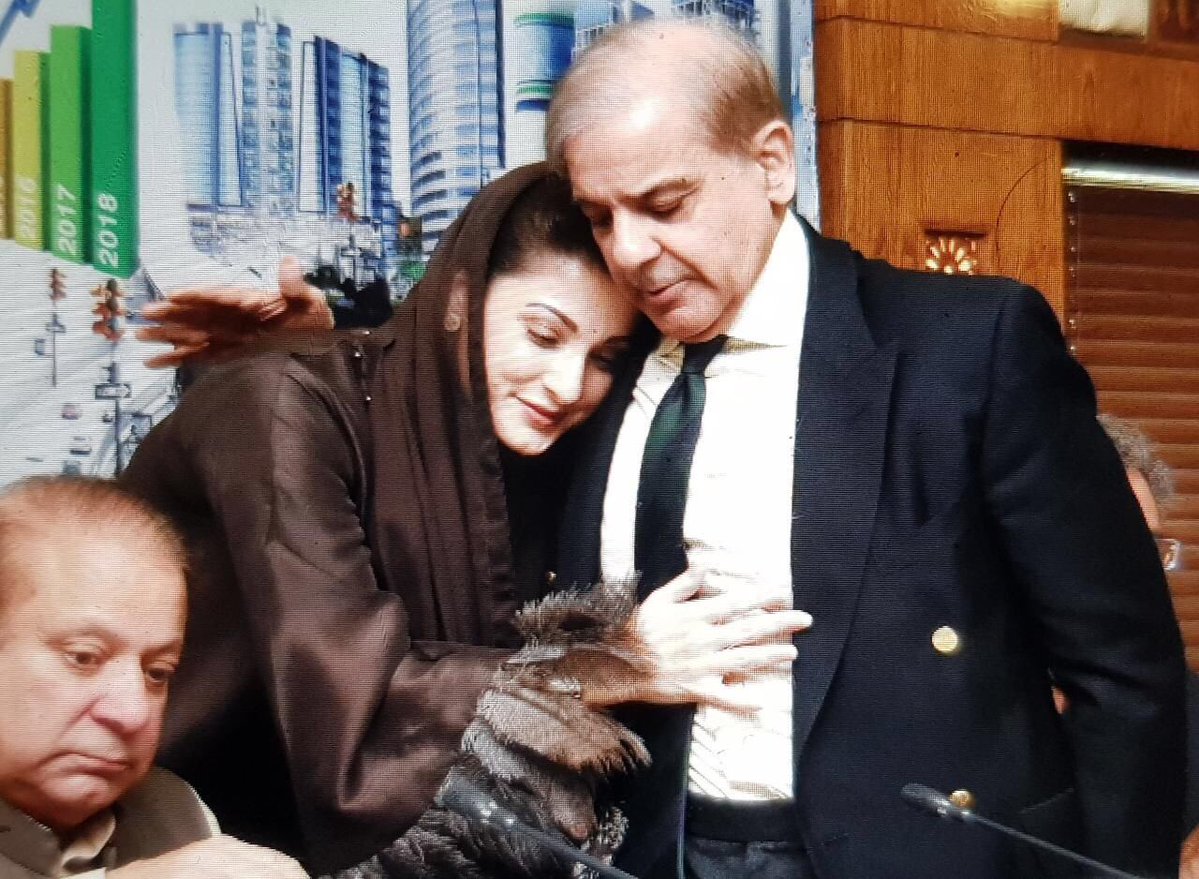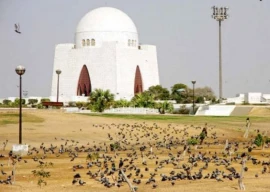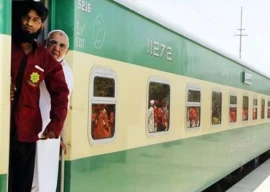
Despite emerging as the largest party with 33 Senators in the 104-member house, the ruling party and its allies abysmally failed in their efforts to secure either of the two slots.
The number of votes polled for the opposition candidates clearly show that all independents and almost every smaller party other than those that have representation in the federal cabinet voted for opposition-backed candidates.
Many political analysts believe the defeat may set the tone for the upcoming general elections, which are just five months away.
The setback came when the PML-N was enjoying an unprecedented wave of increase in its vote bank in Punjab, which plays a decisive role in the formation of any government at the Centre.
The results of by-elections during the past few months negated theories that began with the disqualification of former prime minister Nawaz Sharif that the PML-N was on the verge of disintegration.
Senate elections: Profiles of candidates who vied for top slots
Not only has the party remained intact, but its winning margin witnessed a steady increase in the recently held by-polls for national and provincial assembly seats in Punjab.
The ruling party faced its first major blow in the form of the change of its government in Balochistan. The change also served as a catalyst for what happened in the March 3 Senate polls, and then in the March 12 elections for chairman and deputy chairman Senate.
The embarrassing defeat also left the ruling party vulnerable to defections. The PML-N grabbed 15 seats in the recent Senate polls, but technically, all the senators were elected as independents and their legal status would remain so for the entirety of their six-year terms.
Moreover, the PML-N will still not be able to pass even the simplest of legislation through the upper house without support from the opposition benches for the remainder of its term.
Voting pattern in the Monday’s election for chairman and deputy chairman slots also made it clear that whatever the results of the next general elections, with a new composition, the Senate would remain divided and polarised for the next three years, and no party will dominate the Upper House.
The 15 independents from Balochistan and FATA have emerged as the third largest groups after the PML-N and the PPP. These members would have key roles in all affairs in the upper house.
Whether this election will beget any large-scale defections from the ruling camp to opposition parties is still to be seen. Similar projections were made after the July 27, 2017 decision of the Supreme Court, which rendered Nawaz Sharif disqualified as MNA and subsequently as prime minister, were proven wrong.
Besides many other visible and invisible factors, the victory of the opposition-backed Senate chairman and deputy chairman candidates could become possible because of the cooperation between rival groups – the PPP and the PTI. Whether this cooperation will continue in the coming days and transform into some similar cooperative arrangement in the pre- or post-general elections phases is another big question.
A segment in both the parties was already of the view that they can only defeat the PML-N in Punjab if they join hands. Such a grouping, however, appears unlikely due to the hawkish attitude of the PTI’s top leadership.
1731570357-0/elon-musk-(1)1731570357-0-405x300.webp)
-(1)1717678110-0/Kendrick-(1)-(1)1717678110-0-165x106.webp)



1732428532-0/BeFunk_§_]__-(43)1732428532-0.jpg)




1725254039-0/Untitled-design-(24)1725254039-0-270x192.webp)






COMMENTS
Comments are moderated and generally will be posted if they are on-topic and not abusive.
For more information, please see our Comments FAQ